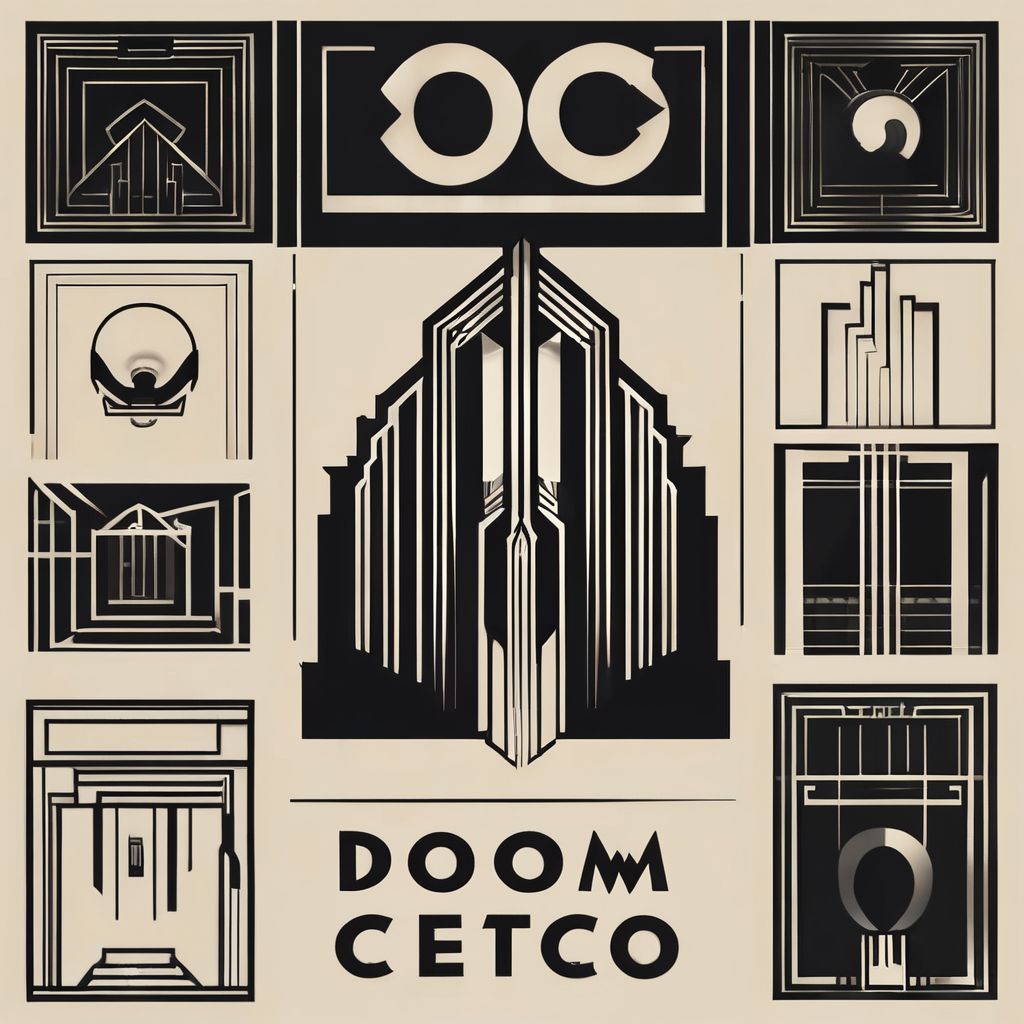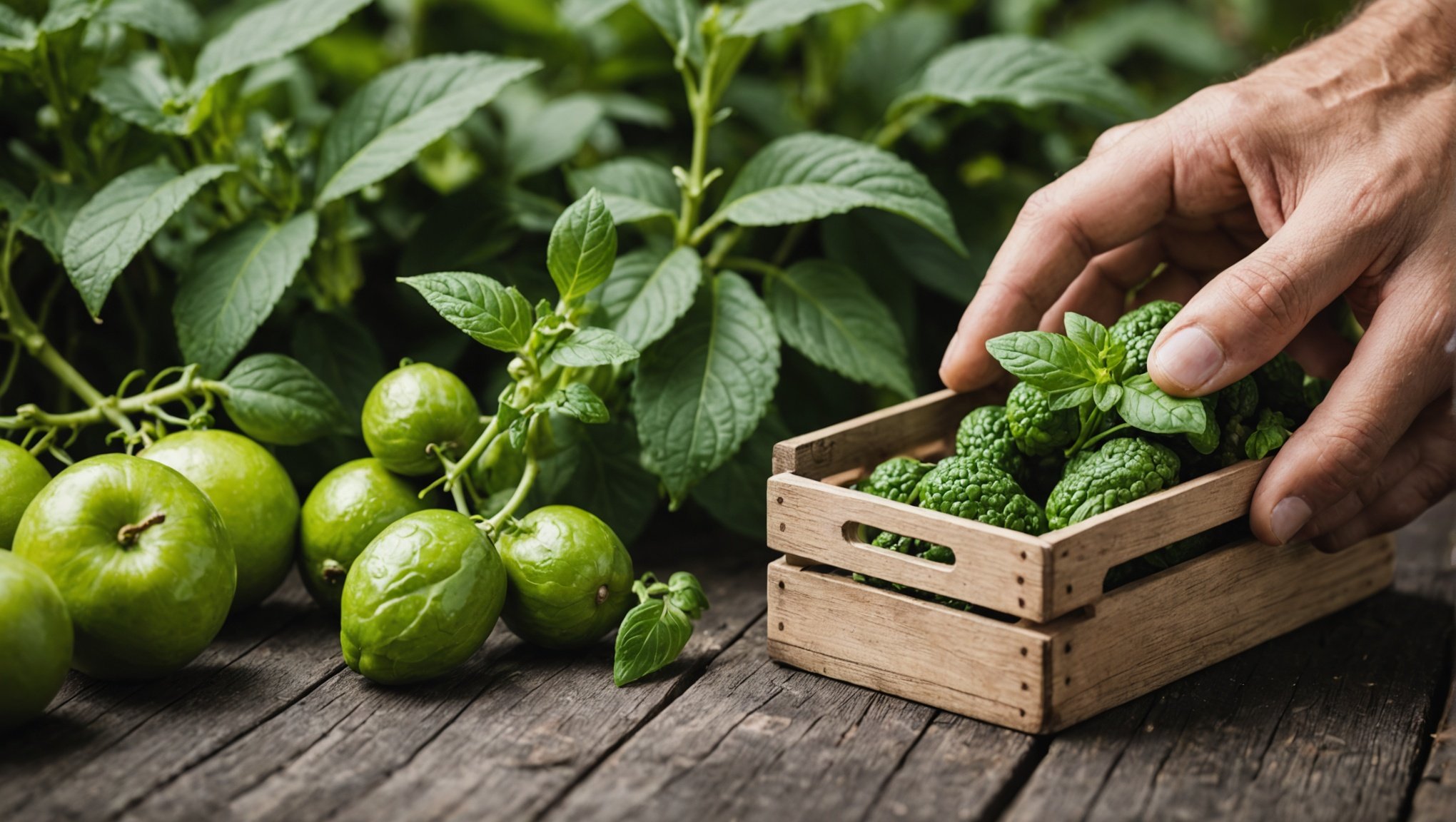Overview of Blockchain Technology in the Food Supply Chain
Blockchain technology plays an increasingly important role in transforming the food supply chain, especially organic agriculture. By definition, blockchain is a decentralised digital ledger that records transactions across multiple computers securely. This technology ensures transparency and traceability, important aspects for consumers keen on knowing the origin of their organic produce.
In the historical context, agriculture has consistently evolved with technological advancements. The introduction of machines in agriculture signified a paradigm shift from manual labour to mechanised farming. Similarly, blockchain marks another innovative step, focusing on enhancing data integrity and trust throughout the supply chain.
Also to read : Crafting Captivating Augmented Reality Advertising Strategies for UK Retail Success
Current trends indicate an increasing adoption of blockchain technology in tracking food products. The ability to verify genuine organic agriculture practices and origins makes it particularly attractive. Blockchain records each stage of the food supply journey, from farm to consumer. This level of traceability is invaluable in ensuring quality assurance and countering food fraud.
Incorporating blockchain within the food supply chain helps allay consumer concerns about the ethical sourcing of products. By providing a clear, unalterable record of each transaction, it enhances trust among stakeholders, promoting more sustainable and transparent food systems.
Enhancing Transparency in the Organic Food Supply Chain
In today’s market, transparency has become crucial for building consumer trust in organic products. With growing concerns over food safety and sourcing, shoppers demand to know where their food comes from. This is where traceability steps in, powered by advanced technologies like blockchain.
Blockchain offers an innovative traceability mechanism, providing a secure and immutable record of each step in the organic food supply chain. With blockchain, every transaction, from farm to fork, is documented and verifiable. This helps address consumer concerns by ensuring the authenticity of organic claims and fostering greater transparency.
There are notable examples of successful transparency initiatives. For instance, some organic farmers integrate blockchain technology to allow consumers to trace products back to their origins simply by scanning a QR code on the packaging. These initiatives enhance consumer confidence and differentiate brands in a competitive market.
By prioritising transparency and traceability, companies can not only uphold the integrity of their organic labels but also build lasting relationships with conscious consumers. Embracing these strategies allows businesses to meet the growing demand for ethically and sustainably produced foods.
Case Studies of Blockchain Implementation in the UK’s Organic Sector
Implementing blockchain technology in the UK’s organic sector has seen significant success through various case studies. This approach helps track, verify, and uphold the integrity of organic produce, creating transparency in supply chains.
Successful Enterprises Leveraging Blockchain
Numerous enterprises are actively leveraging blockchain in the UK to enhance trust and transparency. For example, specific UK organic food producers have adopted blockchain to authenticate product origins. These innovations ensure that organic claims are credible and visible to consumers through immutable records on the blockchain.
Impact on Supply Chain Efficiency
By integrating blockchain, the sector has experienced tangible improvements in supply chain efficiency. Blockchain applications reduce go-between stages, eliminating the need for multiple checks and verifying data in real time. This streamlining minimizes errors and accelerates processes, making UK organic food supply chains more responsive and agile.
Consumer Response and Market Acceptance
The shift towards blockchain technology has not gone unnoticed by consumers. Awareness of blockchain’s role in validating organic claims has grown, and market acceptance is predominantly positive. It boosts consumer confidence as they increasingly demand transparency and authenticity in organic certifications, reinforcing their trust in the products they purchase.
Benefits of Leveraging Blockchain for Organic Food Supply
Using blockchain technology in the organic food supply chain brings several noteworthy benefits. Primarily, it introduces cost efficiency and reduces waste. By providing a transparent and immutable ledger, stakeholders can track products from farm to table, efficiently identifying and eliminating waste. This reduces costs associated with recalls or mismanagement, leading to a smoother supply process.
Moreover, blockchain improves quality assurance and safety. It ensures that all transactions are recorded accurately and can be verified in real-time, allowing instant tracking of food items to their source. This capability is especially critical when addressing food safety issues or contamination. Knowing the exact pathways and handling of organic products enhances consumer trust and overall safety.
Additionally, blockchain significantly contributes to sustainability through better resource management. By offering a complete overview of the supply chain, it helps optimise resource allocation and reduce carbon footprint. Farms can only use necessary resources, fostering more sustainable practices. The sustainability afforded by blockchain is instrumental in promoting environmental stewardship within the organic food supply chain.
Overall, integrating blockchain not only boosts efficiency and safety but also champions more sustainable and transparent food systems.
Regulatory Considerations in the UK
Navigating the regulatory framework is crucial for infusing blockchain into UK agriculture. Current regulations are evolving; they primarily focus on protecting consumer data and ensuring transparency. Understanding this framework is essential for any entity aiming to leverage blockchain, particularly for those seeking organic certification.
Compliance with these regulations is vital for maintaining credibility and ensuring consumer trust. For organic certification, traceability is a fundamental requirement. Blockchain assists by providing undeniable proof of origin and processes. However, understanding blockchain compliance within this framework is key to ensuring that records maintained meet specified standards and legal obligations.
Looking forward, future regulatory trends indicate a move towards more refined guidelines that will encompass detailed data protection and environmental impact measures. These trends imply a growing emphasis on sustainability and cybersecurity measures within the blockchain system. Agricultural entities should be proactive, adapting to these changes to harness blockchain technology while remaining compliant with regulations.
Additionally, as regulators become more familiar with blockchain, it’s anticipated that the integration of this technology into UK agriculture will foster a more robust system for managing certifications and traceability, potentially influencing global standards. Embracing these trends can position UK agriculture at the forefront of technological innovation.
Challenges Facing Blockchain Integration in Agriculture
In the rapidly evolving realm of agricultural technology, integrating blockchain faces several hurdles. One of the primary challenges is the existing technological barriers and infrastructure issues. Many rural areas lack the necessary internet connectivity and technical resources needed to support blockchain applications effectively. This digital divide hampers widespread adoption and limits the potential benefits.
Additionally, there is resistance to change among traditional farmers. Blockchain represents a significant shift from conventional practices, and some farmers might be wary of adopting new technologies without clear, immediate benefits. They may also face learning curve challenges, needing comprehensive training to adapt to this modern approach successfully.
Another critical barrier to adoption is data privacy and security concerns. Blockchain’s promise of transparency is advantageous, yet it raises questions about data protection. Farmers may worry about sensitive information being exposed or misused, leading to reluctance in sharing their data on such platforms.
To overcome these barriers, stakeholders must focus on building robust infrastructure, educating farmers about blockchain’s potential, and ensuring strong data privacy measures. By addressing these challenges comprehensively, blockchain can become an integral part of the agricultural landscape.
Future Trends in Blockchain and Organic Food Supply
Blockchain technology is on the cusp of significant advancements, offering transformative potential for the UK organic market. A primary trend is the improvement of blockchain innovation driving transparency and traceability. As consumer expectations evolve, the demand for detailed origin tracking of organic products is rising, urging producers to integrate more transparent supply chain solutions.
Shifting consumer behaviours signal a preference for sustainable, ethically-sourced goods, emboldening brands to adopt blockchain for its capacity to authenticate organic claims. Partnerships and collaborations in the sector are crucial, as more businesses realise the importance of blockchain integration to meet these expectations. Joining forces with technology firms can enhance the ability to provide verified product journeys.
The appeal of blockchain also lies in its future trends that promise enhanced security, reduced fraud, and increased efficiency in the supply chain. Innovators in the UK organic market are exploring smart contracts to ensure ethical agreements between producers and buyers, ultimately fostering trust. As these trends unfold, blockchain’s role in maintaining transparency and authenticity continues to grow, directly aligning with evolving consumer behaviours and desires for more informed purchasing decisions.
Visual Aids and Infographics
Understanding complex topics like blockchain integration within the food supply chain can be challenging. This is where visual representation plays a crucial role. It simplifies intricate concepts, allowing audiences to grasp the information more readily. For instance, using infographics to illustrate blockchain processes can make the step-by-step flow of data and transactions more intuitive.
Suggested infographic concepts could include a visual flow chart detailing each stage of the food supply chain, highlighting where blockchain technology is applied. Additional layers could depict the movement of data and how it’s secured, building on the audience’s comprehension of the topic.
Innovative visual aids can effectively present data on supply chain integration. These might incorporate interactive charts illustrating real-time data tracking, ensuring transparency from farm to fork. By using visuals in this way, the material becomes more accessible, potentially enhancing the viewer’s engagement and retention of information.
By adopting these effective communication strategies, educators and industry professionals can help demystify blockchain in the food supply chain, making it not only relatable and understandable but also inspiring confidence in technology’s role in enhancing supply chain transparency and efficiency.













